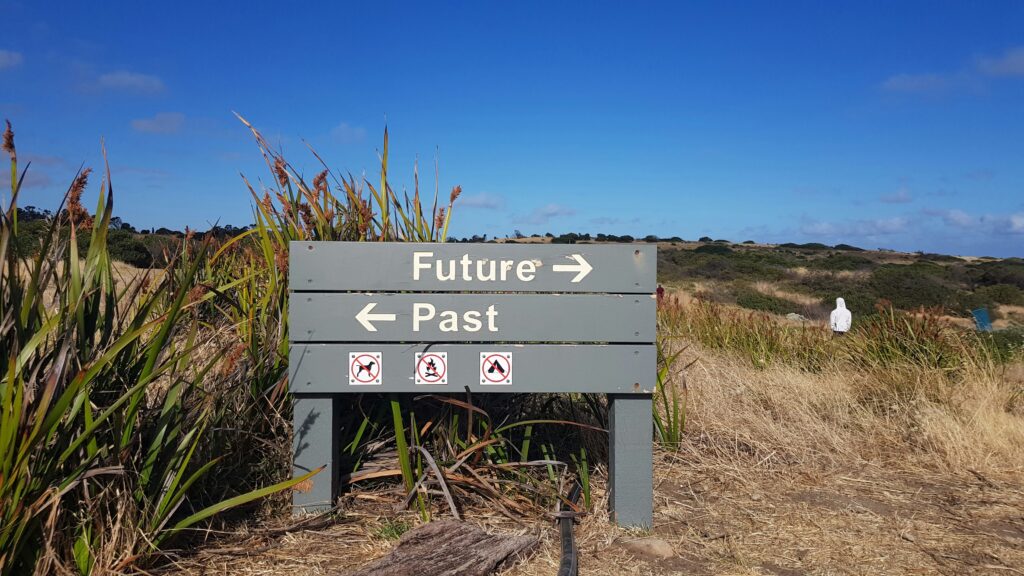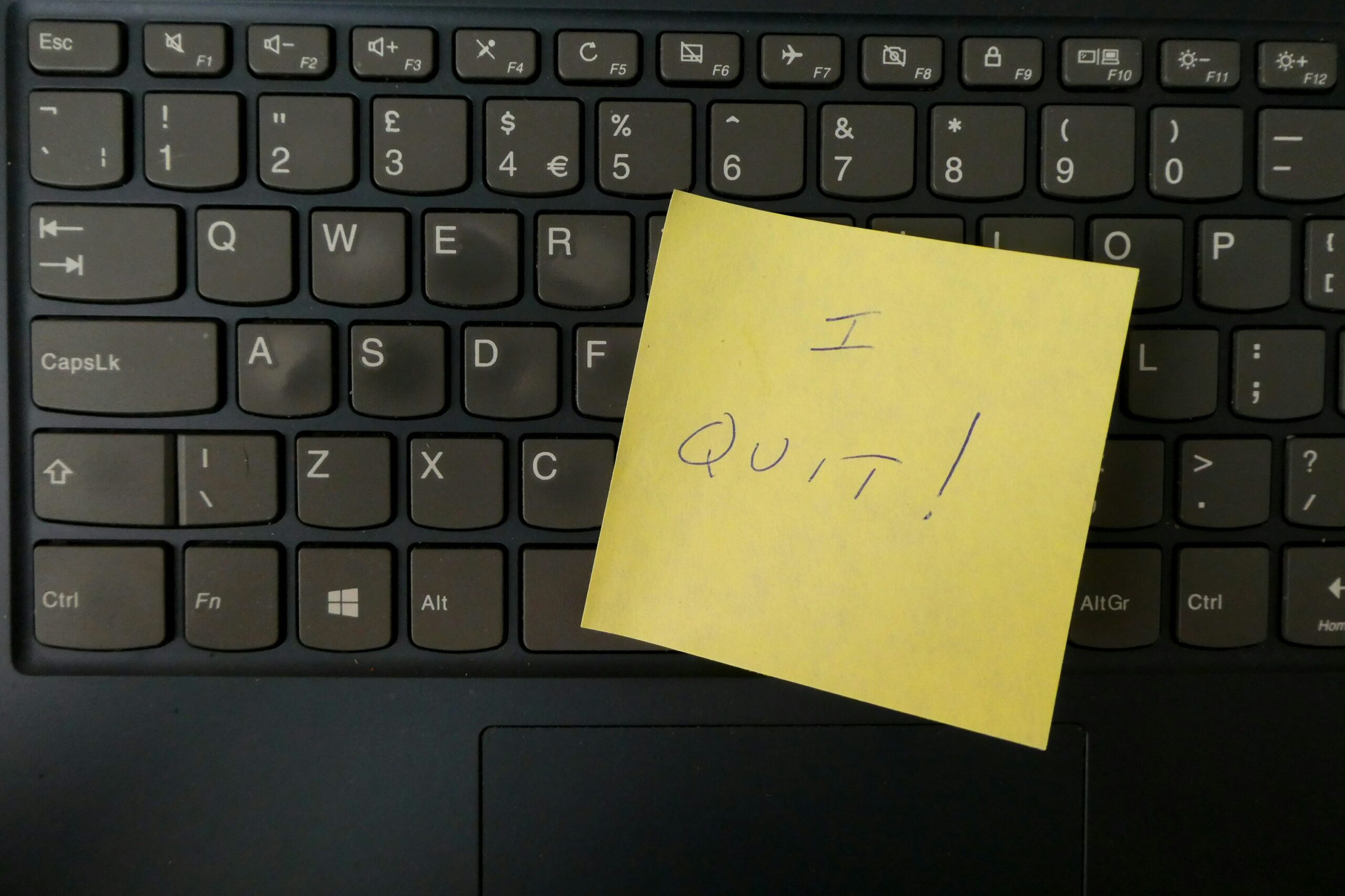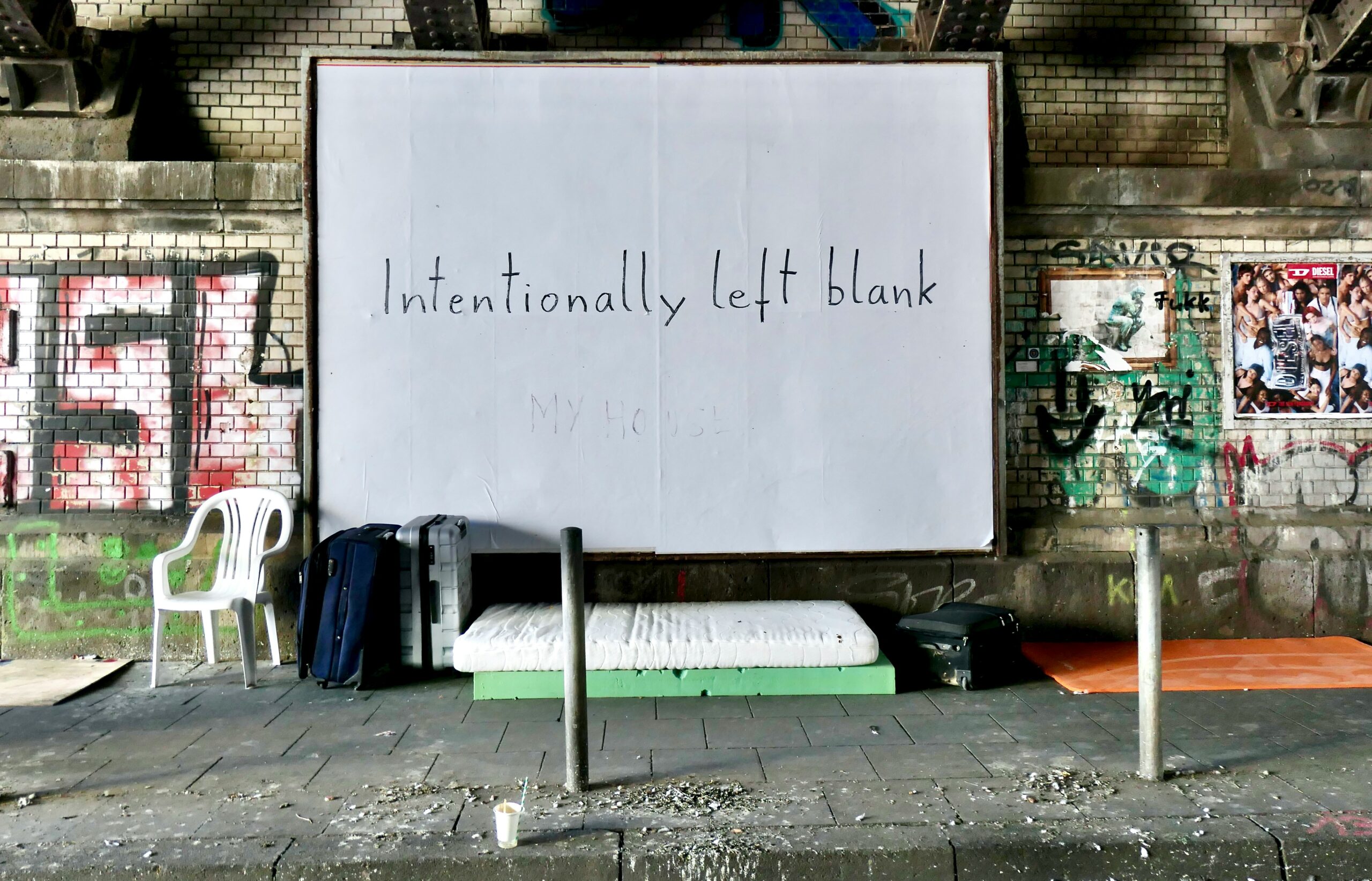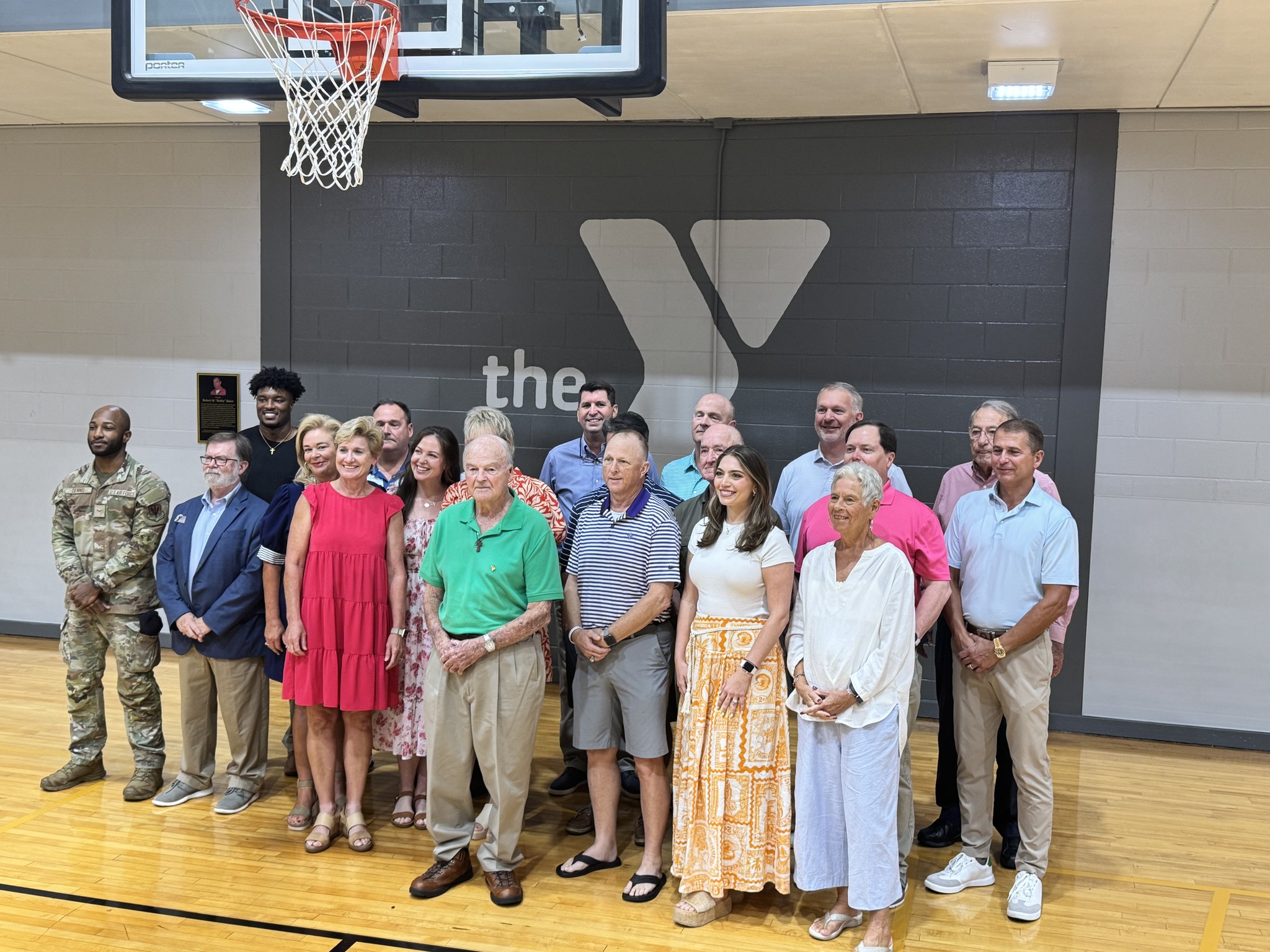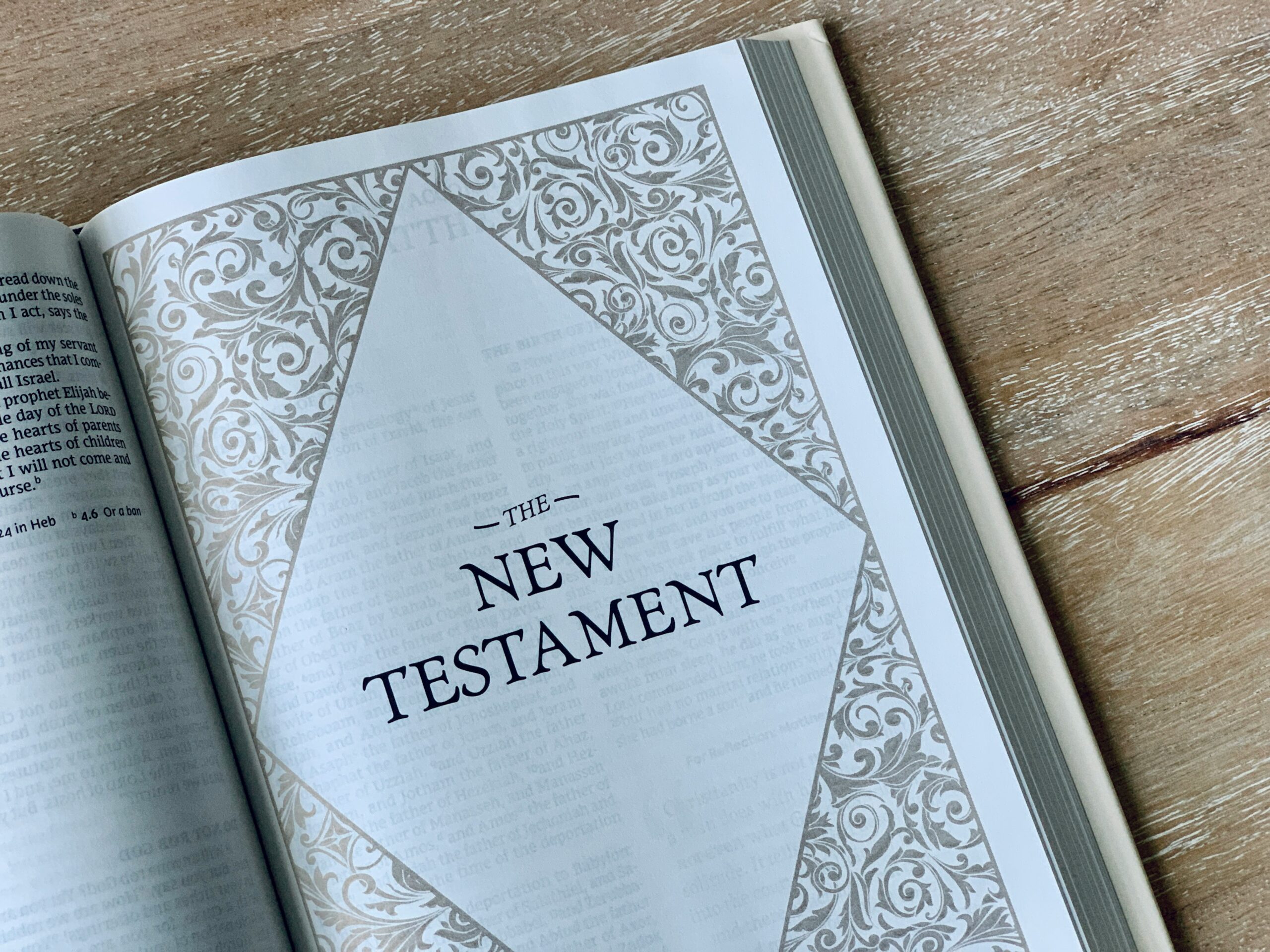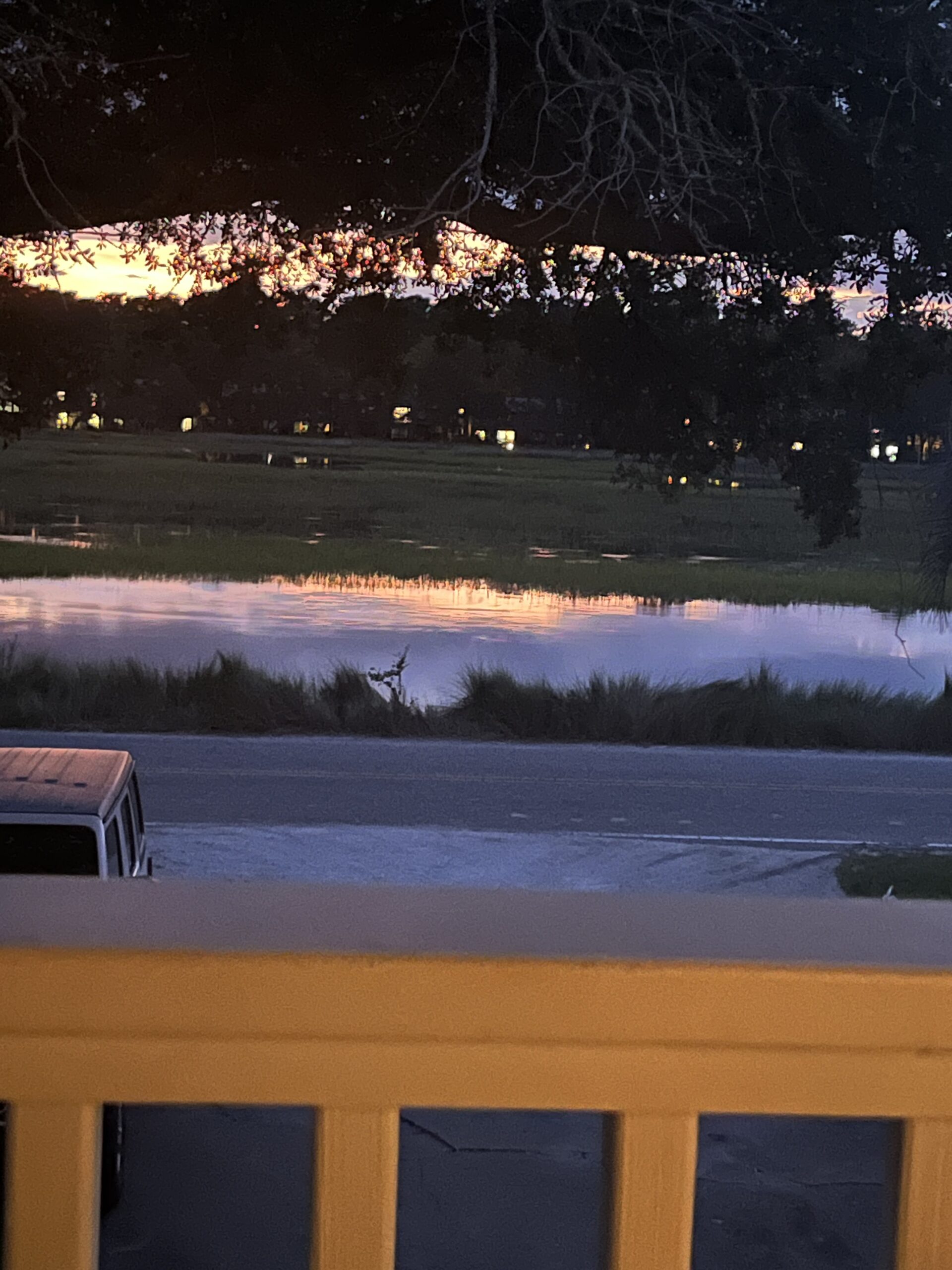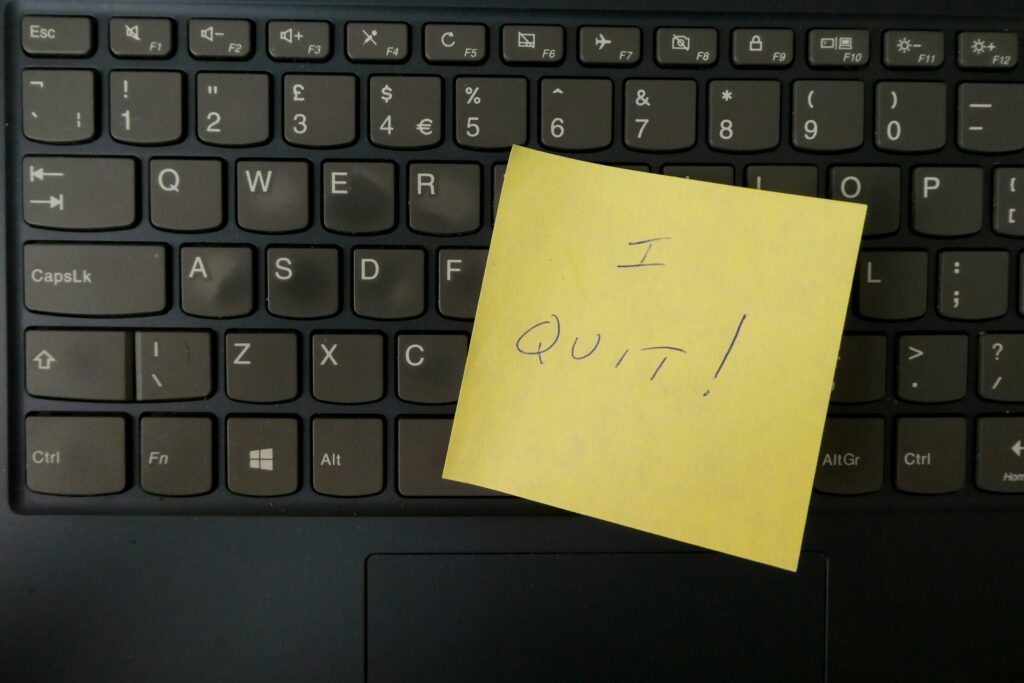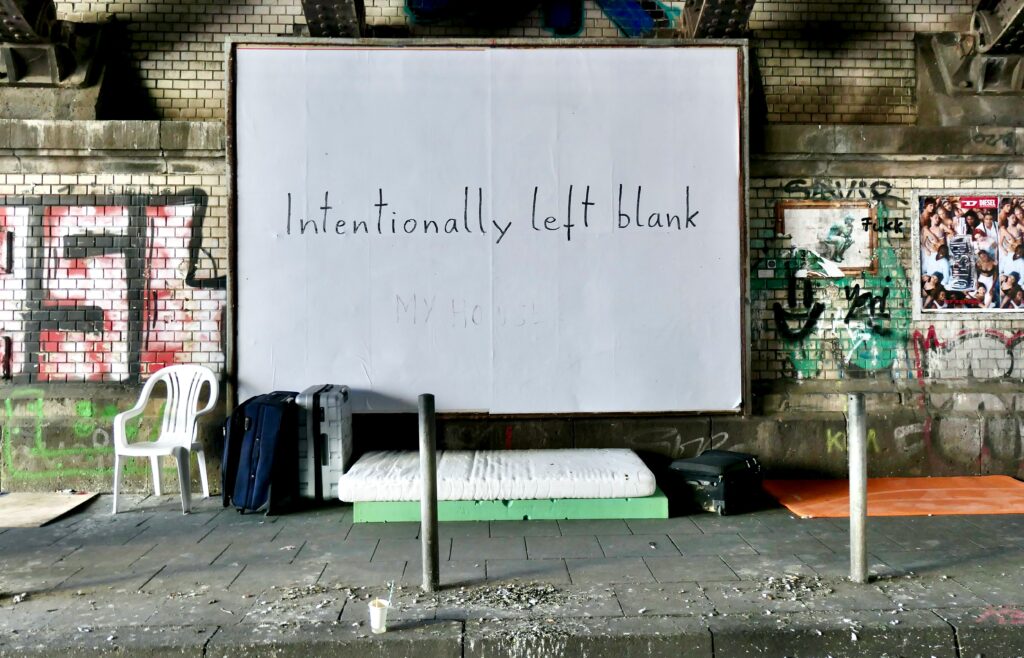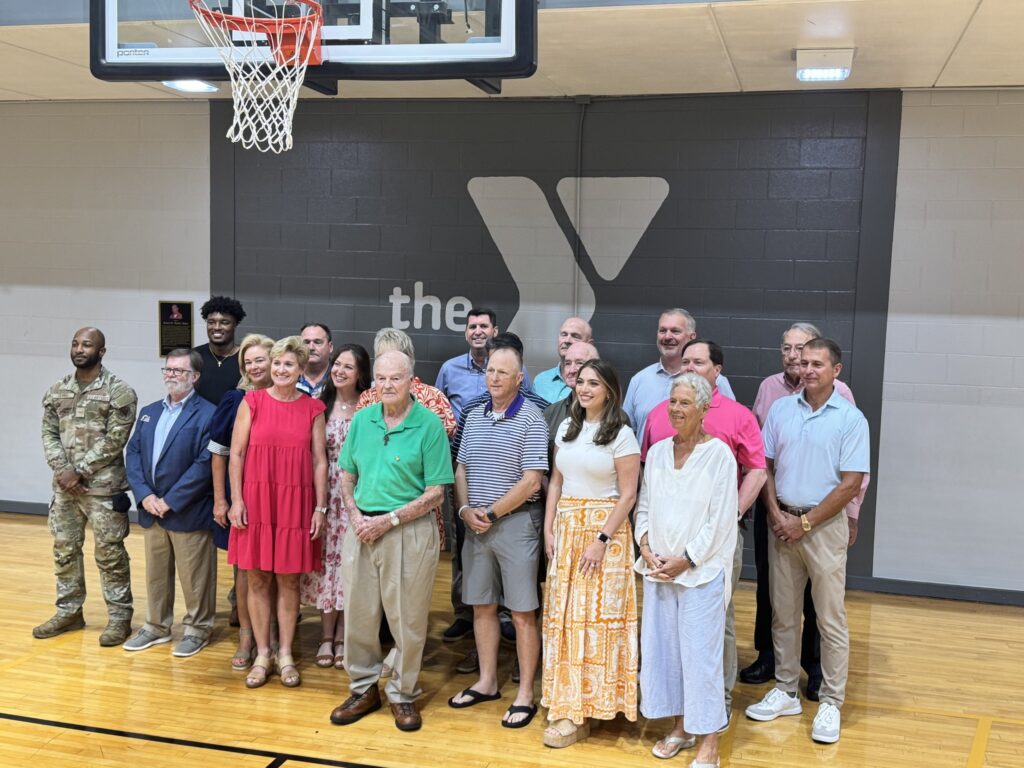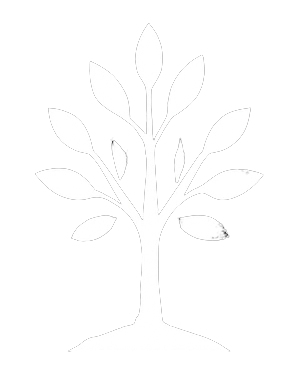“The past is a place of reference, not a residence.” – Unknown
I was recently in my hometown of Sumter, SC. And for years I have been a runner and often
when I am there I get out for a run and some exercise. Over the years I’ve run in various
sections of town from Main Street (which has seen a revival of sorts) to familiar neighborhoods
(historic and otherwise). Every time there I get a sense of nostalgia. You see, for me, growing
up in Sumter was a gift – one I don’t know that I appreciated at the time. It is a rather small
Southern town with a close-knit community and enough there to hold one’s interest but not too
big. As I was there recently, I was having a conversation with a friend about our long-term
desire to potentially return to the Carolinas. And while Sumter might not sound attractive to
many, because of my memories it does to me. Then I got to thinking and talking with my wife
about future locations where we may want to “end up” and we realized that living in the past
doesn’t necessarily mean that it will be the same if we moved back. In other words, we’ve
changed, the relationships there have changed and therefore, the future will not be the same as
our nostalgic past. So, we realized we needed to release any notion of what it might be like a
second time around from what it was like in the past. It was incorrectly coloring our view.
Exercising true wisdom is not just knowing what to carry, but also what to release.
Similarly, our daily lives hand us many burdens — responsibilities, regrets, fears, expectations
— and we often shoulder them out of habit, duty, or fear of what might happen if we let go. But
wisdom teaches discernment: to see clearly what serves our growth and what only weighs us
down. This truth not only holds true with positive memories of the past but also those less-
positive aspects of our past habits, relationships, behaviors, etc.
In this context, to lay down a burden or the past is not to abandon care or commitment, but to
release that which no longer nourishes the soul or defines the future. It is an act of trust — in
ourselves, in others, and in the unfolding of life. Wisdom knows that strength lies not in endless
carrying, but in conscious choosing.
When we lay down our burdens:
We make space for joy.
We reclaim our energy.
We rediscover ourselves.
So pause. Breathe. Ask gently: What am I carrying that no longer needs to come with me?
Then, with grace, set it down.


